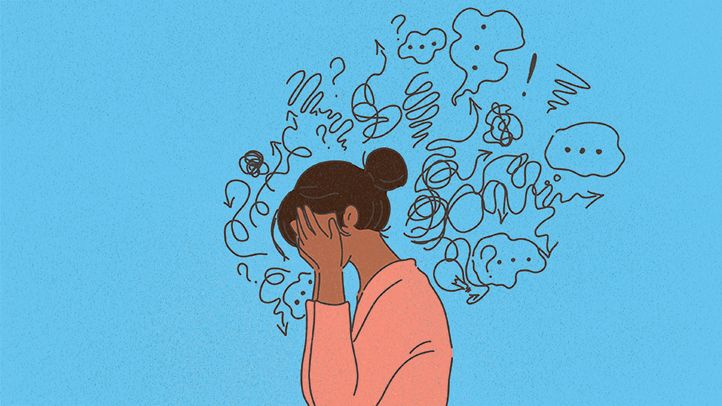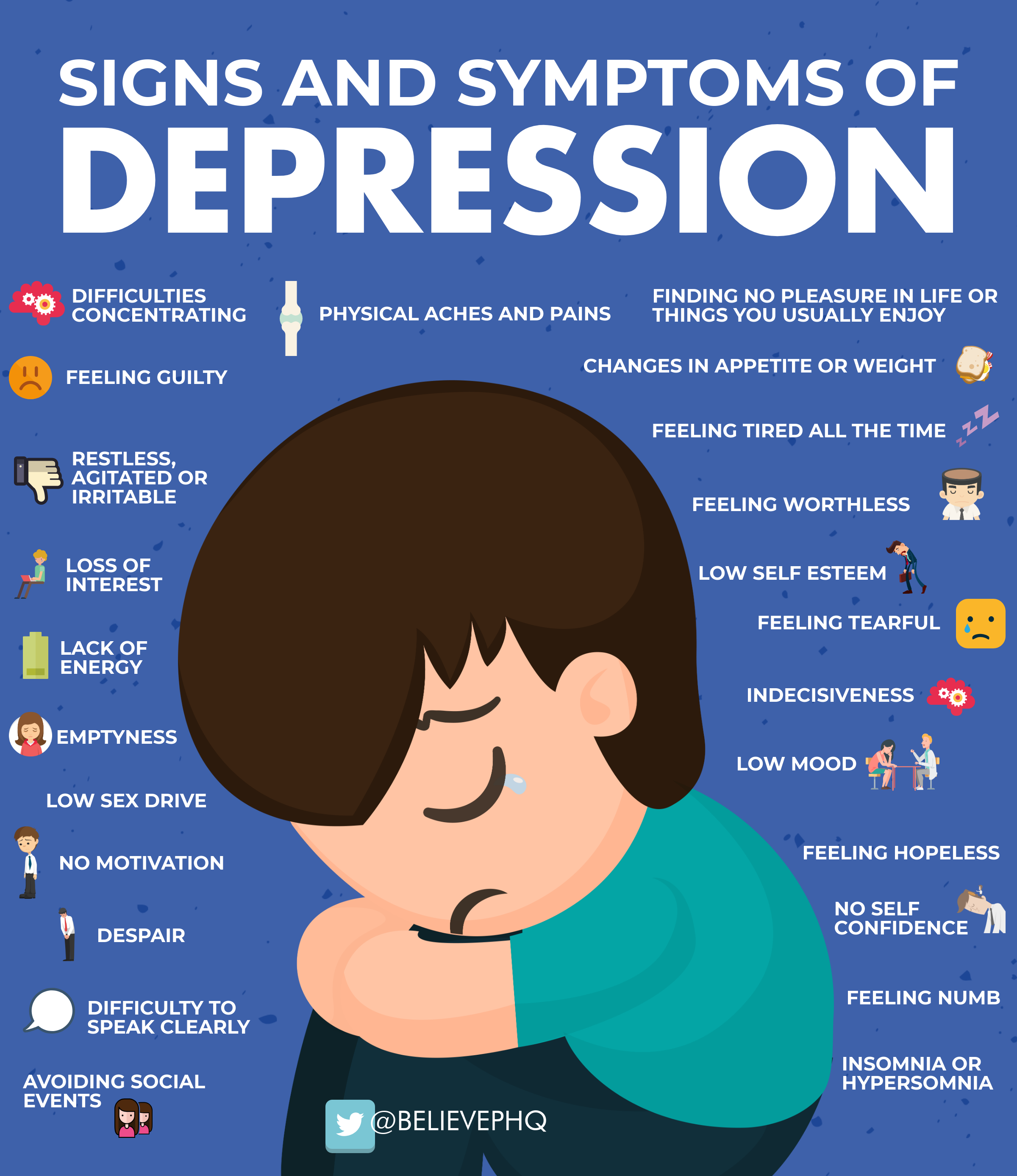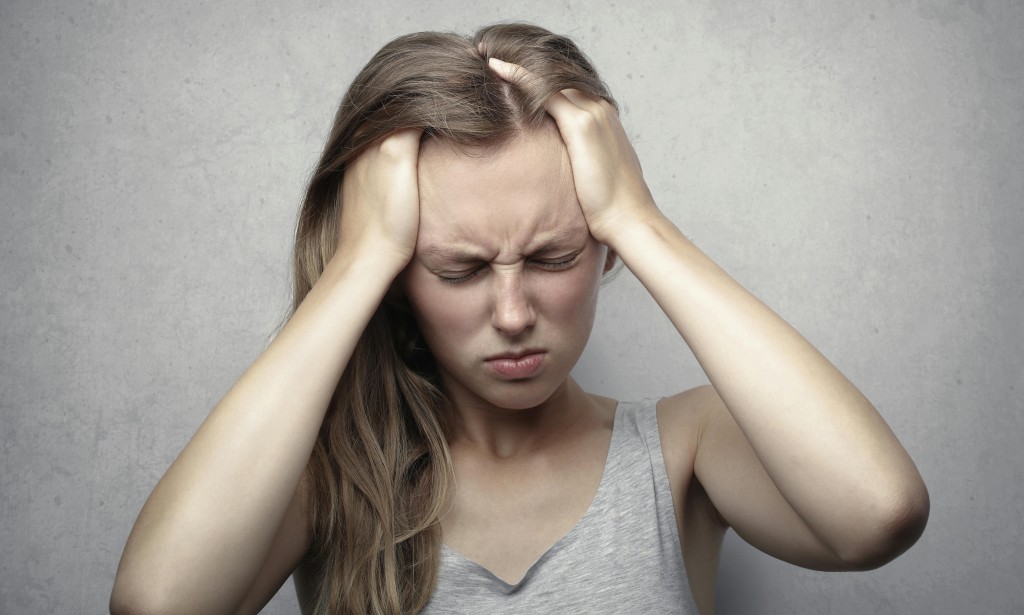Table of Contents
- Understanding Depression
- Causes and Risk Factors of Depression
- Common Symptoms of Depression
- Traditional Treatments for Depression
- Emerging Therapies and Approaches
- Managing Depression: Lifestyle and Support Systems
- Conclusion
1. Understanding Depression
Depression, often referred to as major depressive disorder (MDD), is a serious mental health condition characterized by persistent feelings of sadness, hopelessness, and a lack of interest or pleasure in daily activities. It can affect an individual’s thoughts, behavior, and overall quality of life. Unlike the transient feelings of sadness everyone experiences from time to time, depression is chronic and can significantly impair one’s ability to function. This condition does not discriminate, impacting people from all walks of life, irrespective of age, gender, or background. The World Health Organization (WHO) identifies depression as the leading cause of disability worldwide, underlining the importance of early diagnosis and intervention. While the exact cause of depression remains unclear, a combination of genetic, environmental, and psychological factors often contribute to its development. Understanding depression is crucial for effective treatment, as early recognition can prevent the condition from worsening.

2. Causes and Risk Factors of Depression
The causes of depression are multifaceted, and no single factor is responsible for its onset. Genetic factors play a role, as depression can run in families, suggesting a hereditary component. However, not everyone with a family history of depression will develop the condition, indicating that environmental and lifestyle factors are also influential. Stressful life events, such as the death of a loved one, divorce, or job loss, can trigger depression, particularly in individuals with a predisposition to the disorder. Chronic illnesses like heart disease, diabetes, and neurological disorders can also increase the risk of depression. Additionally, imbalances in neurotransmitters—chemicals in the brain responsible for mood regulation—are believed to play a significant role. Other risk factors include prolonged exposure to trauma, substance abuse, and a lack of social support. Understanding these factors is key to diagnosing depression and tailoring an appropriate treatment plan.

3. Common Symptoms of Depression
Depression manifests in various ways, and its symptoms can vary from person to person. Common emotional symptoms include persistent feelings of sadness, emptiness, and hopelessness. Individuals may also experience irritability, feelings of guilt or worthlessness, and difficulty concentrating. Physical symptoms of depression often include changes in appetite or weight, disrupted sleep patterns (either insomnia or oversleeping), and fatigue or lack of energy. Some individuals may also experience physical pain, such as headaches or back pain, that cannot be explained by other medical conditions. Depressed individuals may withdraw from social activities, avoid work or school, and struggle with daily tasks. In severe cases, depression can lead to thoughts of self-harm or suicide. Recognizing these symptoms early can help in seeking prompt treatment, which is crucial for improving outcomes.

4. Traditional Treatments for Depression
The treatment of depression typically involves a combination of therapy and medication. Antidepressant medications, including selective serotonin reuptake inhibitors (SSRIs) and serotonin-norepinephrine reuptake inhibitors (SNRIs), are commonly prescribed to help balance neurotransmitter levels in the brain. These medications can be highly effective, though they may take several weeks to show noticeable results. In addition to medication, psychotherapy, particularly cognitive behavioral therapy (CBT), has proven to be an effective treatment for many individuals. CBT focuses on changing negative thought patterns and behaviors that contribute to depression. Other forms of therapy, such as psychodynamic therapy and interpersonal therapy, are also used depending on the individual’s needs. In some cases, individuals may also benefit from a combination of both medication and therapy, which has been shown to provide better outcomes than either treatment alone.
5. Emerging Therapies and Approaches
As research into depression continues to evolve, new therapies and treatment approaches are being developed. One promising area of study is the use of psychedelic substances, such as psilocybin (the active compound in magic mushrooms), in treating depression. Early clinical trials suggest that psilocybin, when administered in a controlled therapeutic setting, may help reduce depressive symptoms by promoting neuroplasticity and providing patients with new perspectives on their condition. Another emerging therapy is transcranial magnetic stimulation (TMS), a non-invasive procedure that uses magnetic fields to stimulate nerve cells in the brain, which has shown effectiveness in treating treatment-resistant depression. Additionally, ketamine—a powerful anesthetic—has gained attention for its rapid antidepressant effects, particularly in patients who do not respond to traditional treatments. While these therapies are still under investigation, they offer hope for individuals who have not found relief through conventional methods.

6. Managing Depression: Lifestyle and Support Systems
In addition to formal treatments, lifestyle changes and strong support systems are crucial in managing depression. Regular physical activity has been shown to boost mood and reduce the severity of depressive symptoms by releasing endorphins and improving overall brain function. A balanced diet rich in vitamins, minerals, and omega-3 fatty acids can also support mental health. Ensuring proper sleep hygiene and maintaining a consistent sleep schedule are essential in managing symptoms. Social support is another vital component of depression management. Strong relationships with friends, family, and support groups provide individuals with the emotional backing they need to navigate challenging times. Mindfulness practices, such as meditation and yoga, have also shown benefits in reducing stress and improving emotional well-being. For many individuals, a combination of professional treatment and lifestyle changes creates a comprehensive approach to managing depression.

7. Conclusion
Depression is a complex and debilitating condition that requires a multifaceted approach to treatment. By understanding its causes, recognizing its symptoms, and seeking appropriate treatment options, individuals can manage their depression and improve their quality of life. While traditional treatments like medication and therapy remain the cornerstone of depression care, emerging therapies offer hope for more effective and personalized treatments. With the right support, lifestyle changes, and professional guidance, those suffering from depression can lead fulfilling and meaningful lives despite the challenges they face. It's important to seek help early and remember that no one has to face depression alone.


You must be logged in to post a comment.